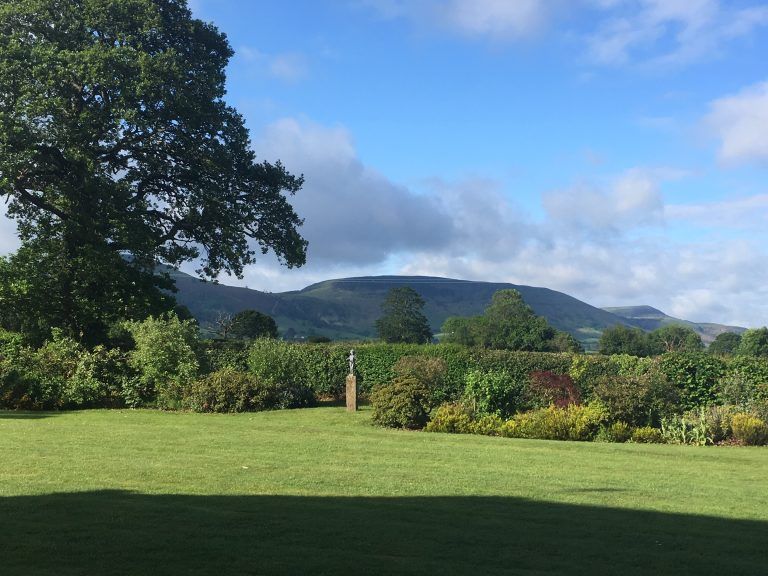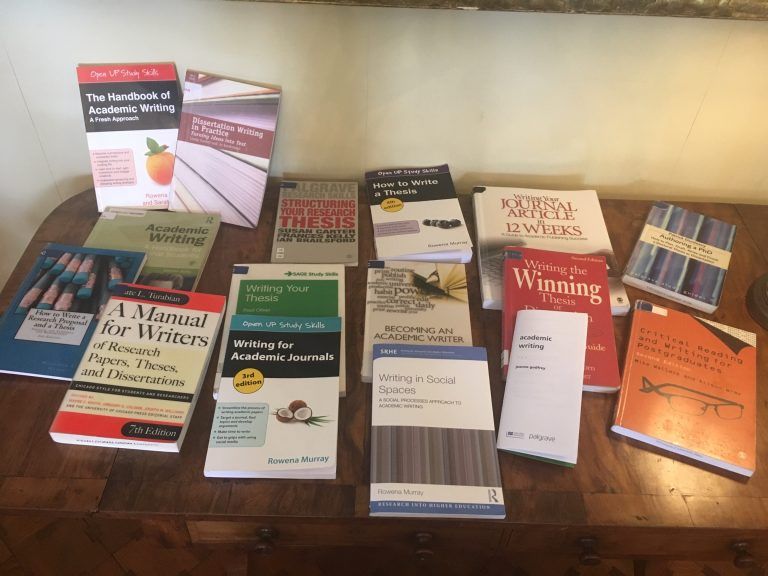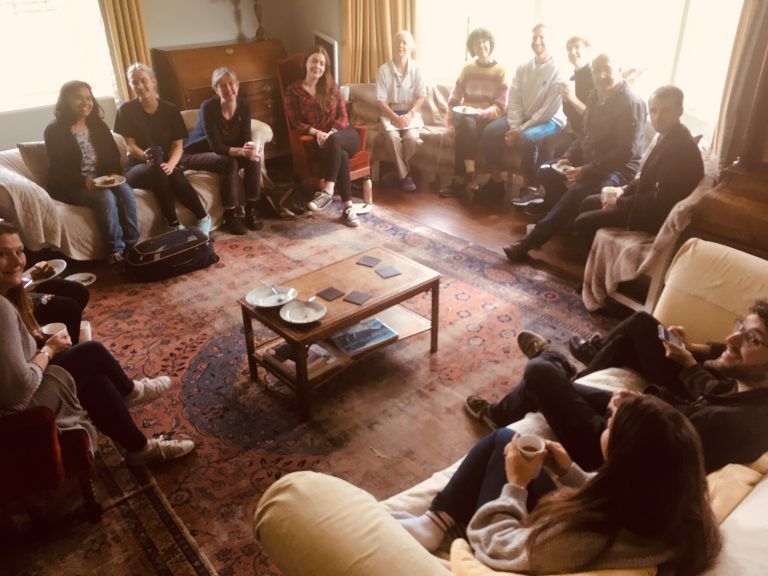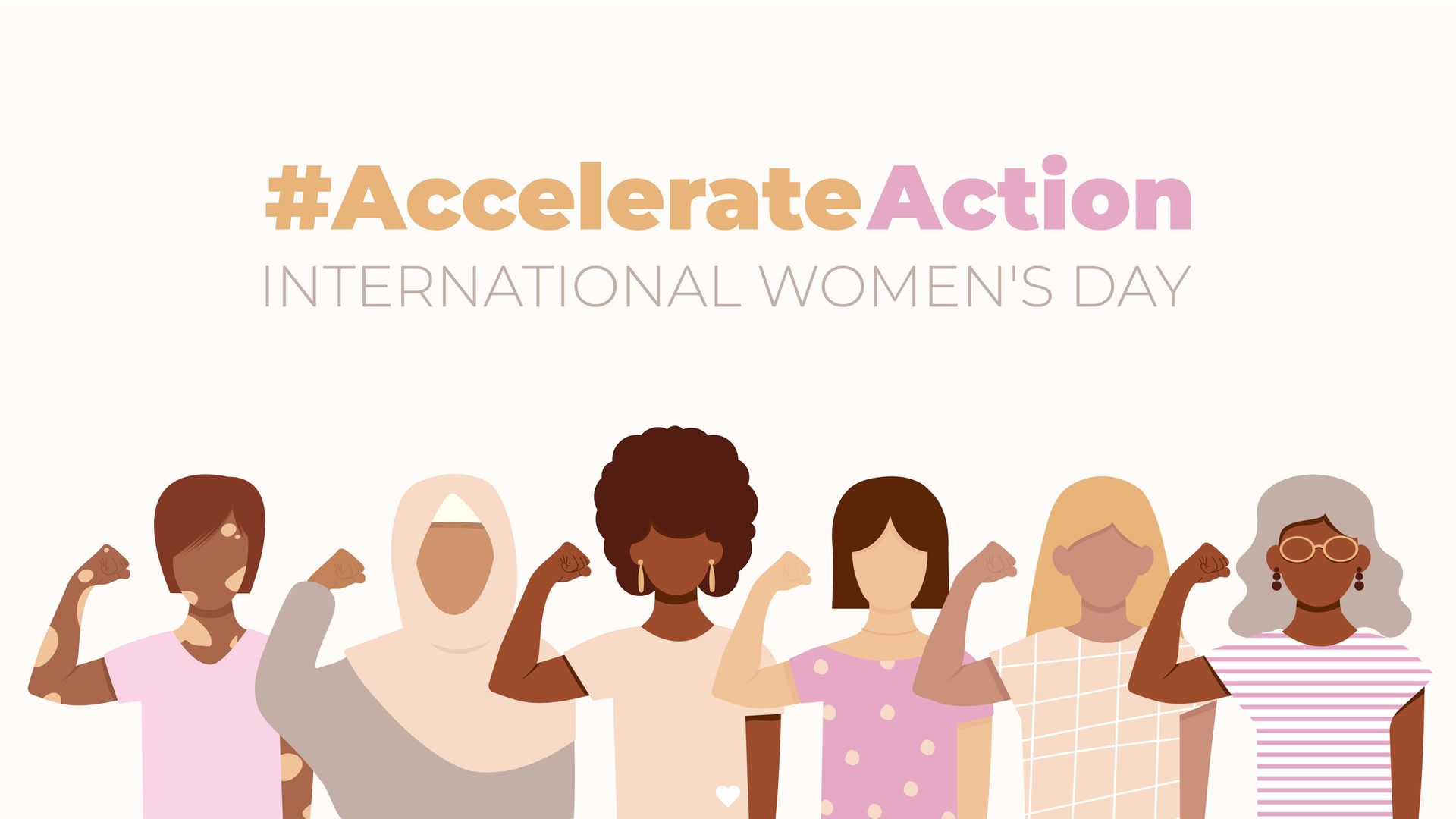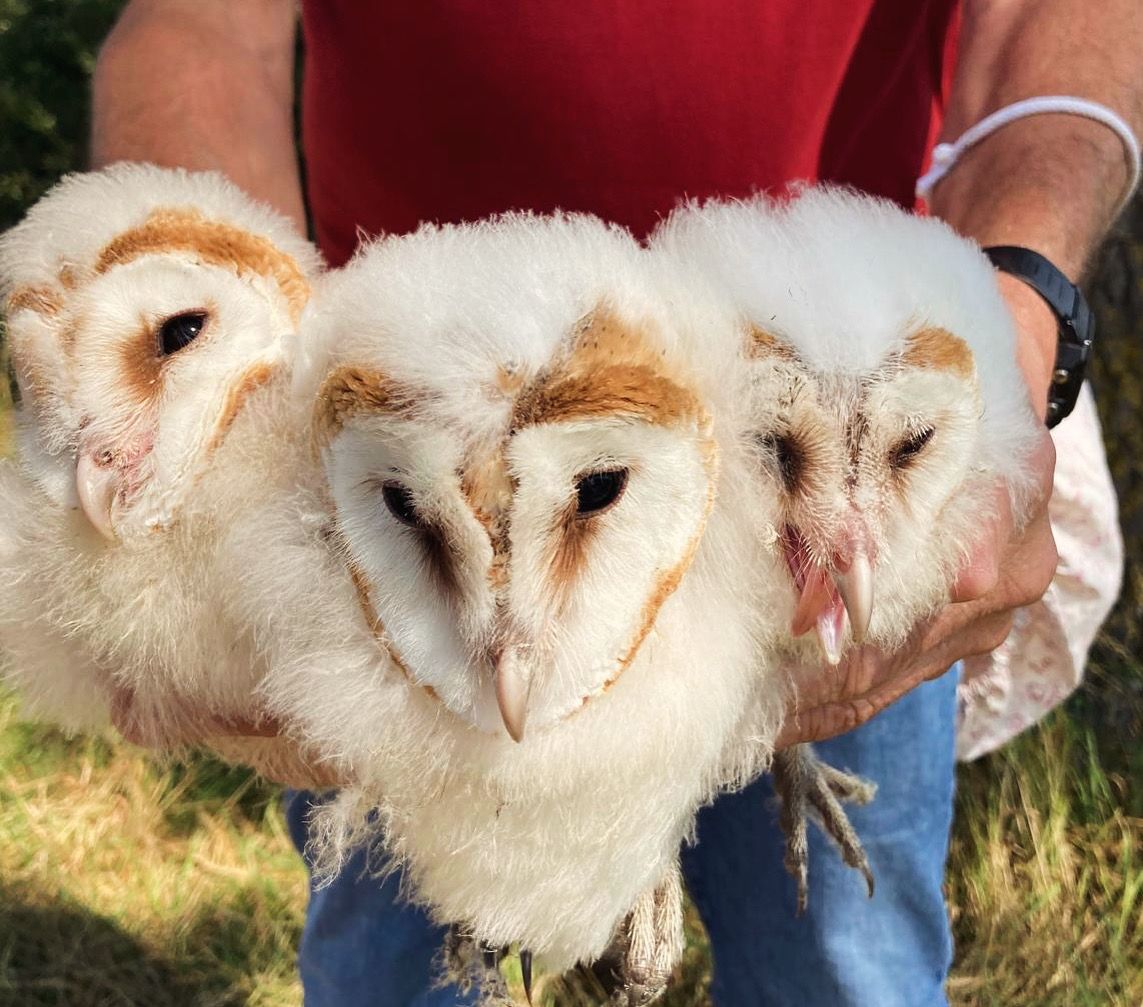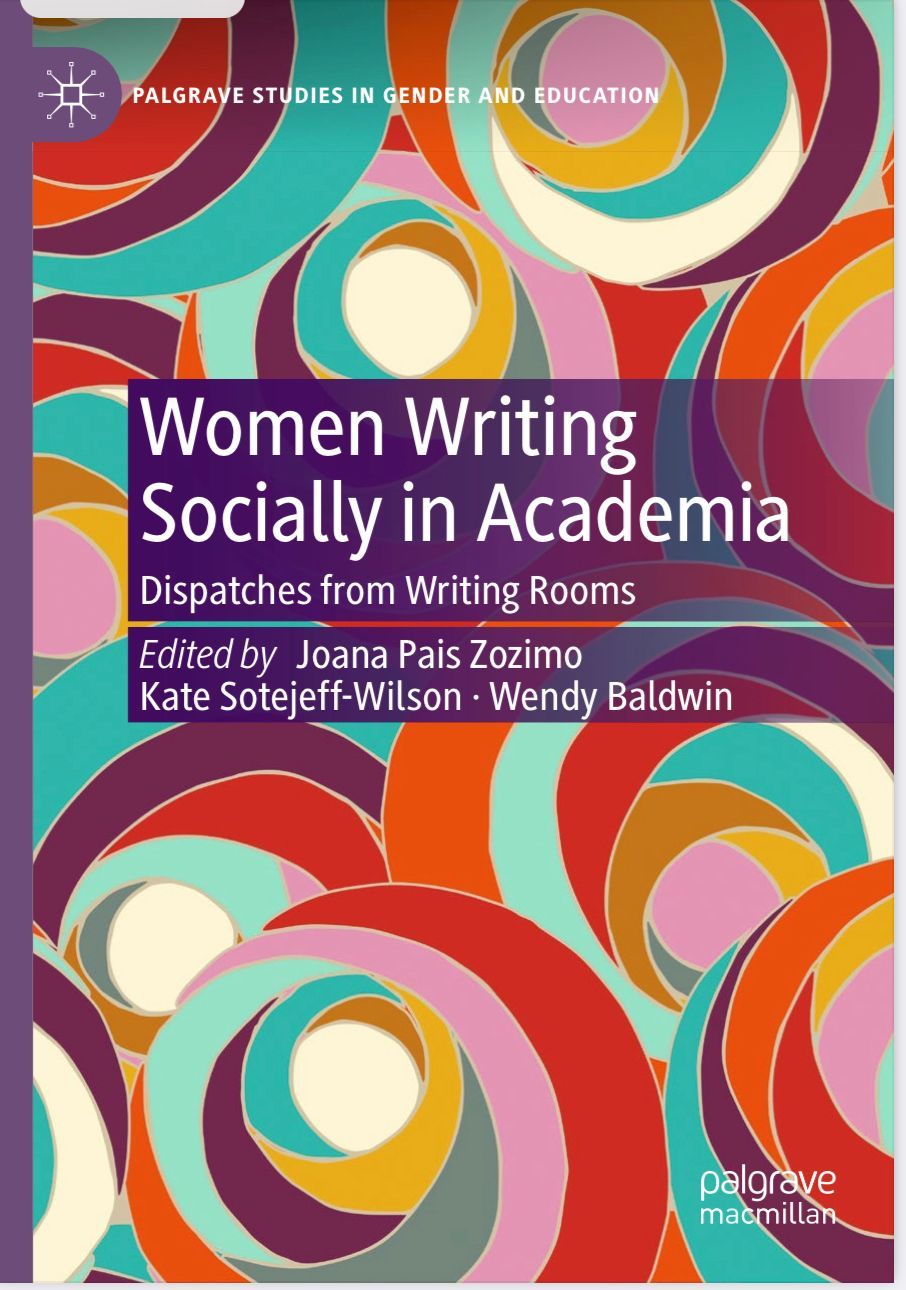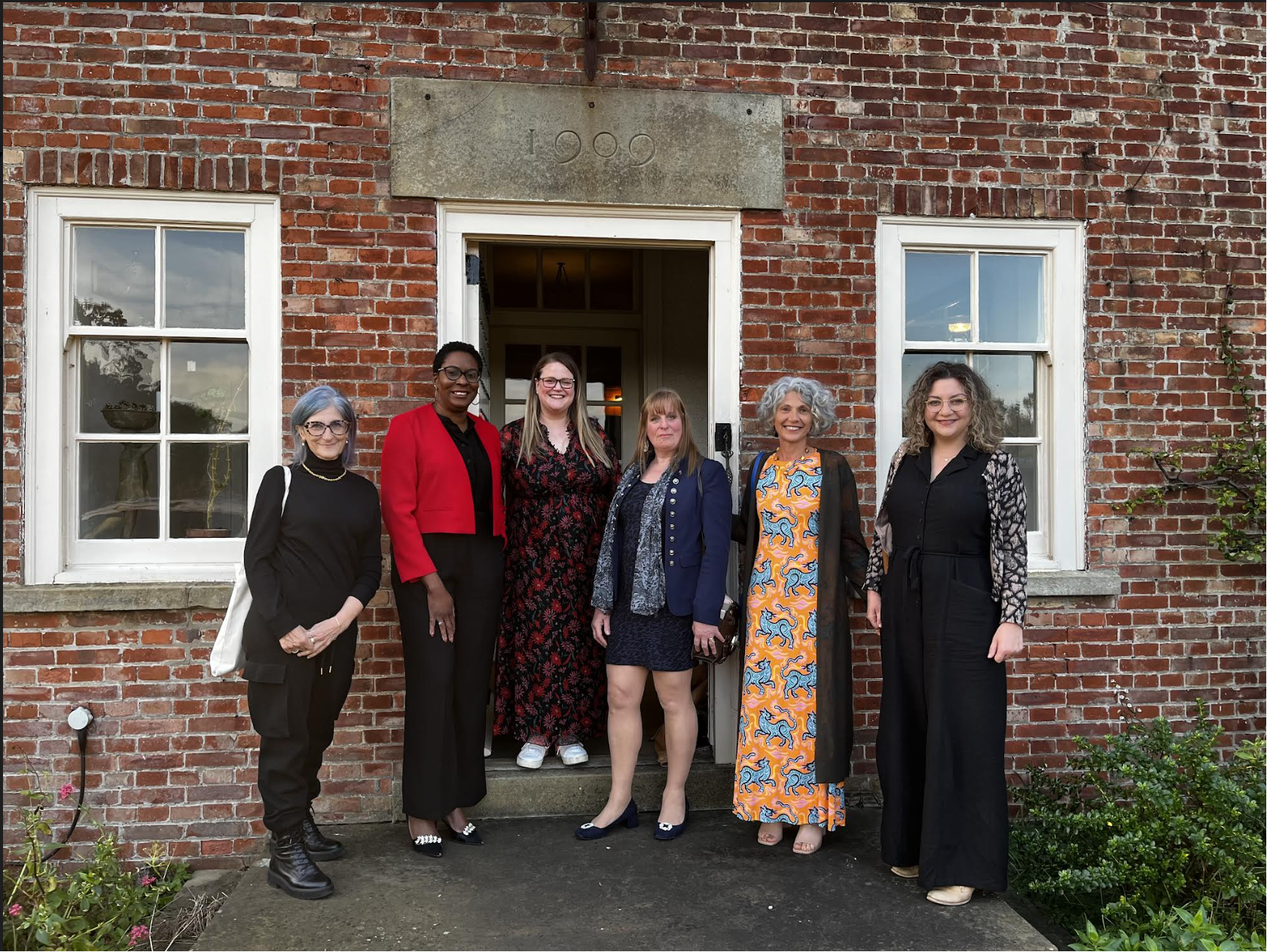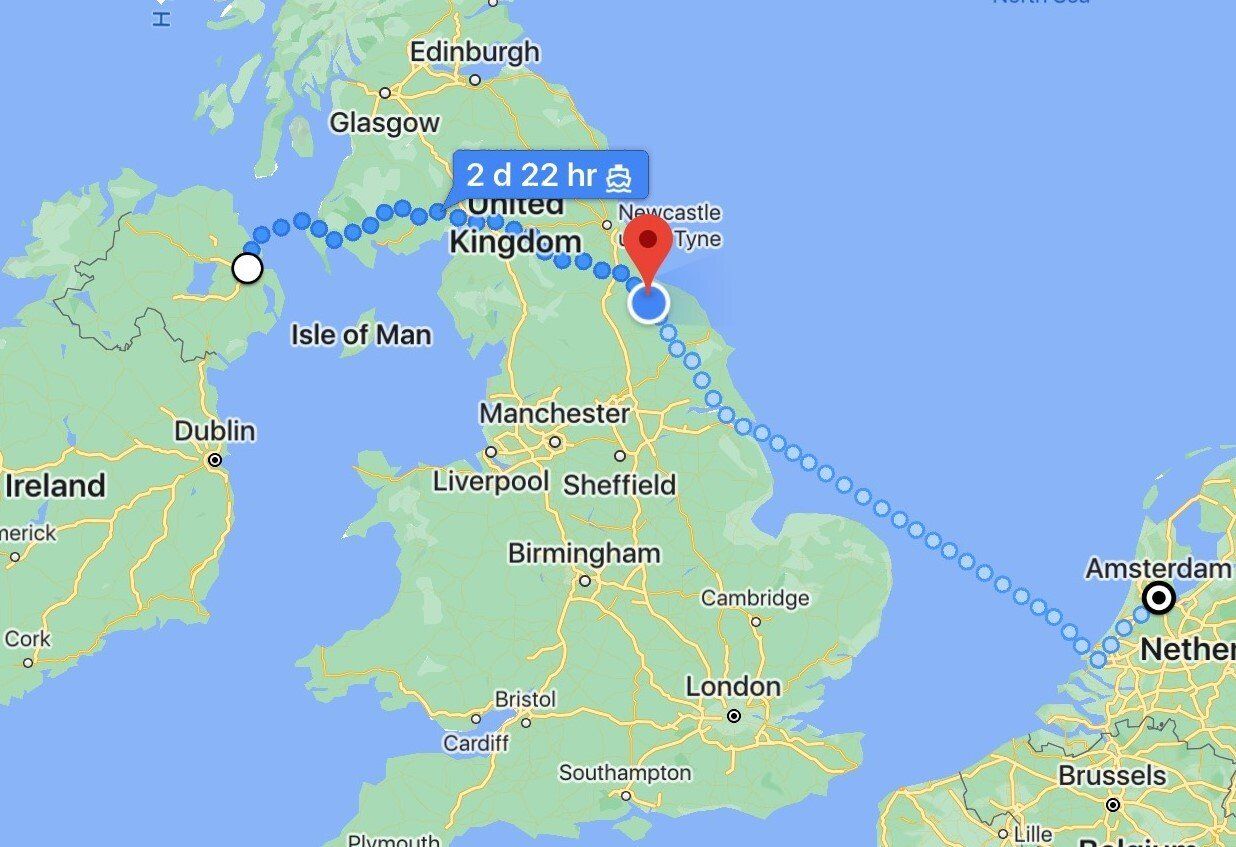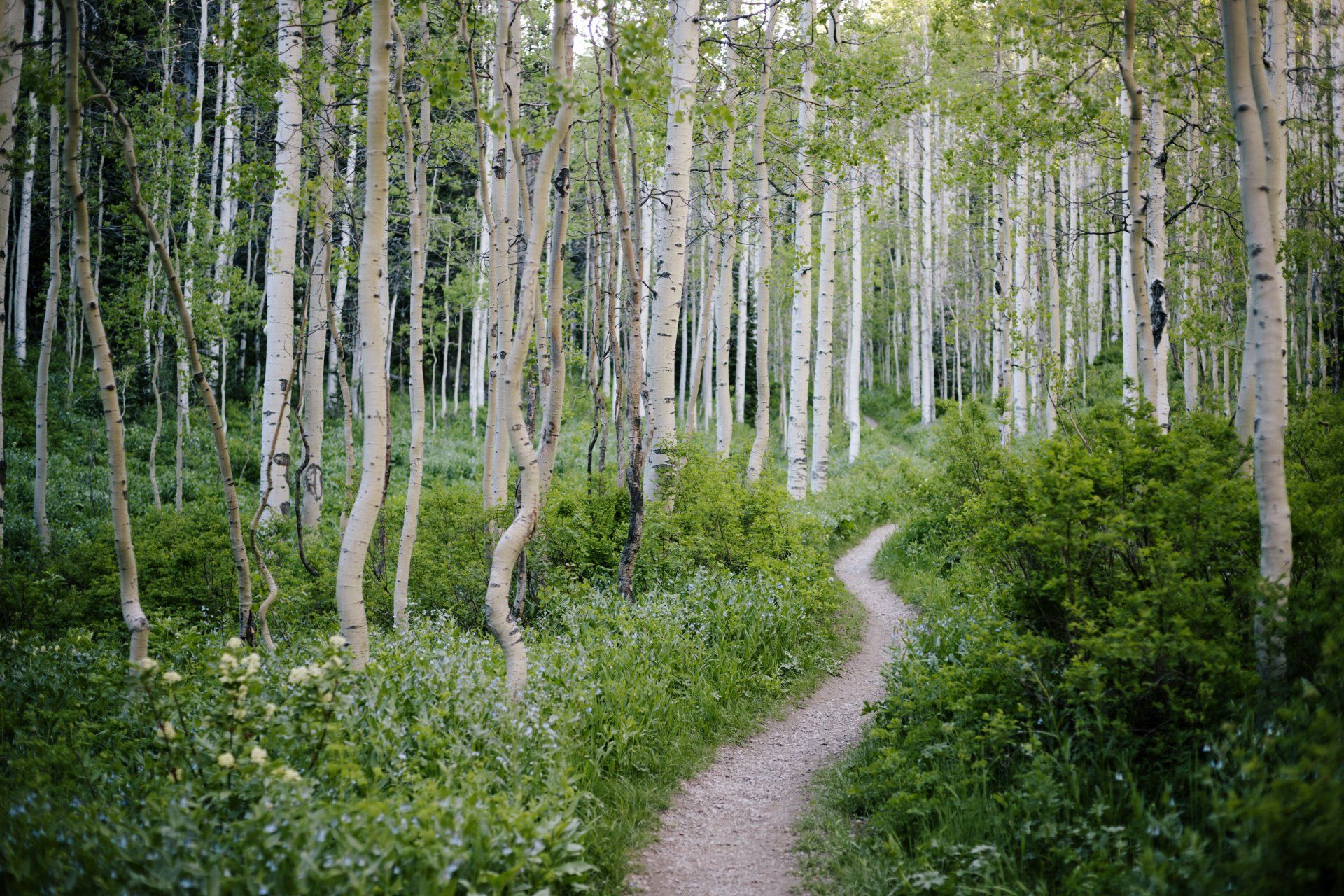A Doctoral Training Programme in Residence
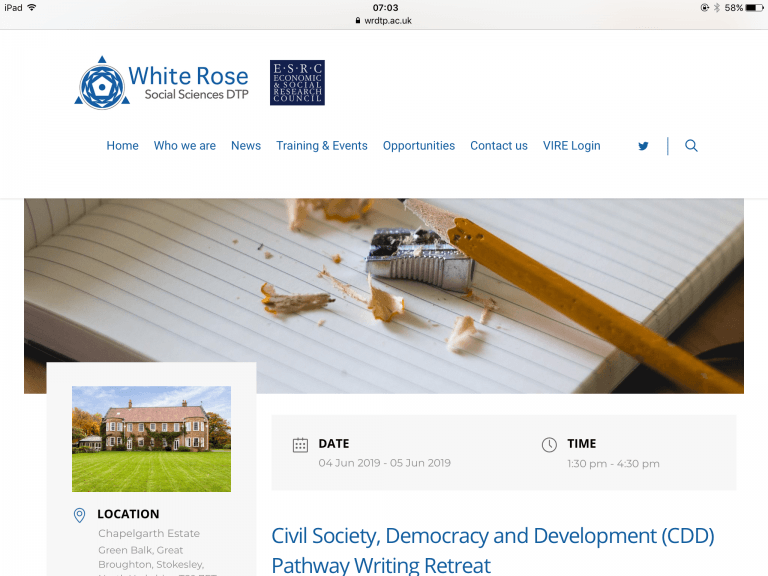
June saw a cohort of 16 postgraduate students convene at Chapelgarth Estate for two days of writing and training: time slots were predominantly allocated to writing, with some dedicated time focused on questions related to academic writing. The students were all part of the White Rose Doctoral Training Programme – which brings together postgraduates from the University of Hull , the University of York, the University of Sheffield, University of Bradford and the University of Leeds https://wrdtp.ac.uk/ .
Facilitated by Dr Elsbeth Robson, the cohort gathered students from the Social Sciences, mostly in the later stage of their PhD – typically at the writing up stages of their project – but also students who were at an earlier stage intheir research, including a couple of MA students. The cohort was selected and organised by the Dr Matthew Bishop, Director of the Pathway, Civil Society, Development and Democracy etc https://wrdtp.ac.uk/who-we-are/civil-society-development-and-democracy-cdd/
The students – who were a mix of young and mature students – were asked to give feedback on their experience. Most revealing were the answers to the following prompt:
‘The best aspect of the retreat for my writing was…’
What I found particularly fascinating about the responses to this question was the sheer variety of answers. Here they are!
- ‘the sense of writing community’
- ‘concentration on what I write’
- ‘increased fluency through the writing sessions’
- ‘the discipline of setting short-term goals and the discipline of taking breaks’
- ‘being able to get a lot of writing done!!!’
- ‘exclusive writing time without gadgets’
- the ability to focus safely on writing’
- the social aspect/exchange opportunities’
- the location and structure, which were both very helpful’
- the quiet concentrated writing periods’
- the amount of work achieved’
- having the right environment to promote writing’
- the capacity to concentrate’
- the ability to improve my concentration’
I found it very helpful to read and compare the answers given – each one captured one of the many vital elements of a residential academic writing retreat; some answers highlighted the uniqueness of the ‘environment’ and the ‘location’. Most of the attendants were on their first writing retreat experience, and those who had previously attended a residential retreat were definitely the minority.
There was great enthusiasm for the shared experience, which came across vividly during our feedback session. Our retreat was an opportunity to write, but it was also much more: some third year PhD students felt that this event was the only one organised by their Doctoral Training Programme where they had felt really connected with their peers, genuinely part of a community of practice. Other day-events, unlike the residential experience, had not delivered this for them.. There’s certainly a case for getting away from it all.. it brings out the best in everyone and hopefully new and lasting connections will have been made.
A BIG THANK YOU TO ELSBETH ROBSON FOR ORGANISING THIS EVENT!

